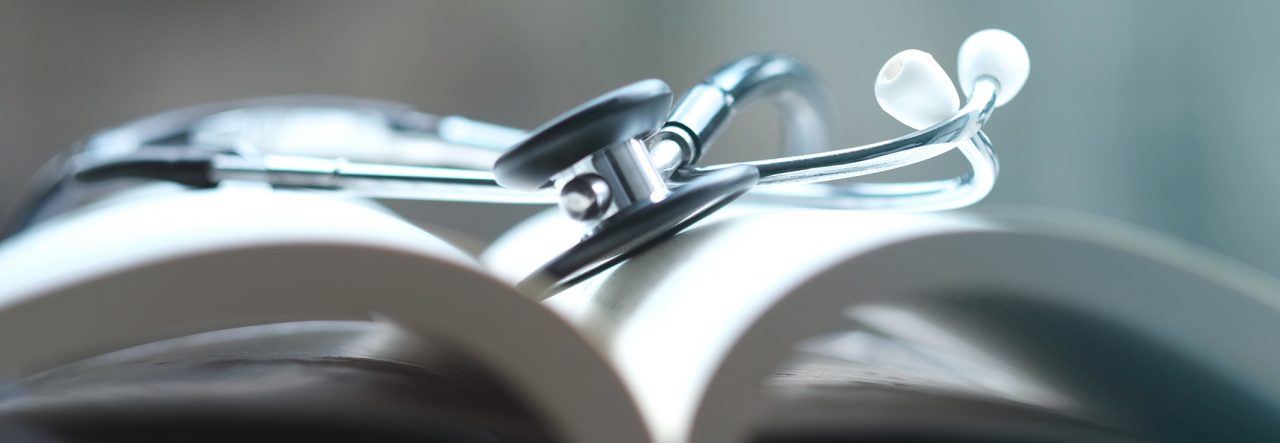
When I became a medical educator, I experienced attending to medical students’ professionalism lapses as a demanding and time-consuming task. I had never been taught how to respond to these lapses, and the literature did not provide clear guidelines. To find out how colleagues in the medical education field handled this issue, my colleagues and I took up a research study, conducting in-depth interviews with faculty responsible for remediation at various U.S. medical schools. In this way, we learned that the approach these experts use consisted of three separate phases, which we developed into a road map in our recent Academic Medicine article.
The first phase is explore and understand. After being confronted with the professionalism lapse of a student, expert educators initially take up the role of a concerned teacher. Their aim is to explore the unprofessional behavior from the student’s perspective. They told me that the initial questions they pose to students are ones such as: “Can you tell me what happened?,” “Why did it happen?,” and “How do you feel about it now?” Medical school can be a challenging learning environment. Educators want their students to develop the mindset that anyone can make a mistake and that the goal is to learn from these mistakes, to support each other in doing so, and, at the end of the day, to collectively learn from accidental unprofessional behaviors.
The second phase, remediation starts if the student shows reflectiveness about the incident and its causes but feels unable to adapt and improve their behavior. This can be due to different causes, varying from deficits in competence to difficult personal or external circumstances. When this is the case, educators feel that more guidance is needed than what is offered in the regular curriculum. Thus, experts “hand-pick” individual faculty members to support the student by providing feedback on professionalism values, improving skills, and practicing reflectiveness. An important goal of remediation is to show the student the importance of professional behavior so they can use it in the future with both patients and colleagues. The faculty member functions as a supportive coach providing help that is carefully tailored to the individual needs of the struggling student. This might include guidance from resources outside of the medical school.
Ultimately, when no improvement is seen despite remediation efforts, the third (and final) phase, gather evidence for dismissal, is reached. Patient safety is deemed to be threatened if a student lacks insight into the consequences of their behavior for working in a medical environment. According to expert educators this disavowing behavior could result in repetitive professionalism lapses. As one of our participants stated: “If the student doesn’t see that what they’re doing is a problem and don’t change, they’re likely to repeat the behavior. That’s what gets students dismissed from medical school.” If educators feel that they have done everything to help the student improve, but the student hasn’t, they take up the role of gatekeeper of the profession to protect future patients.
Whereas phases 1 and 2 are aimed at pulling students into the medical community, phase 3 is aimed at guiding students out. We found that experts can experience a conflict when they need to choose between the interest of the student and the interest of patients and health care. Especially if (future) patient care is potentially compromised, the school’s promotion committee has to take over the responsibility and make the tough decision, based on educators’ input, to dismiss the student.
Severity and persistence of unprofessional behavior are most often cited as the reason for dismissal from medical school.1 An interesting finding of our study was that neither the severity of a lapse nor the cause for it are reasons for dismissal. We found that dismissal occurs when a student persistently disavows their behavior, showing a lack of reflectiveness and consequently a lack of adaptation. Important questions that we would like to investigate further are whether reflectiveness and adaptation are dependent on the educational context, and, if so, how medical schools could change their educational context to positively influence students’ reflectiveness and adaptability.
By: Marianne Mak-van der Vossen, MD, PhD
M.C. Mak-van der Vossen is a general practitioner, medical educator, and education researcher at Amsterdam University Medical Center, Amsterdam, the Netherlands. She coordinates the longitudinal theme “Professional behaviour” for the undergraduate medical program at VUmc School of Medical Sciences, Amsterdam, the Netherlands. She recently defended her thesis “Learning from lapses: How to identify, classify and respond to unprofessional behaviour in medical students.” email: m.mak@vumc.nl; Twitter: @MarianneMak.
Further Reading
Mak-van der Vossen MC, de la Croix A, Teherani A, van Mook WNKA, Croiset G, Kusurkar RA. A road map for attending to medical students’ professionalism lapses. Acad Med. 2019;94:570–578.
Reference
Levinson W, Ginsburg S, Hafferty FW, Lucey CE. Understanding Medical Professionalism. New York, NY: McGraw-Hill Medical; 2014:268.

